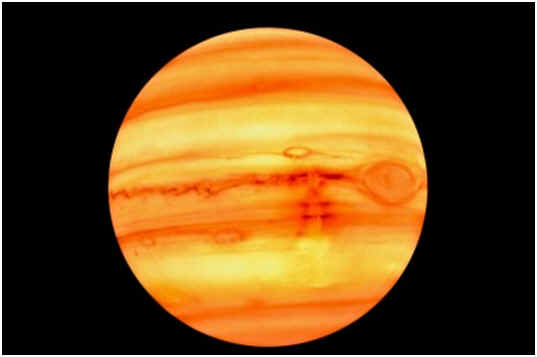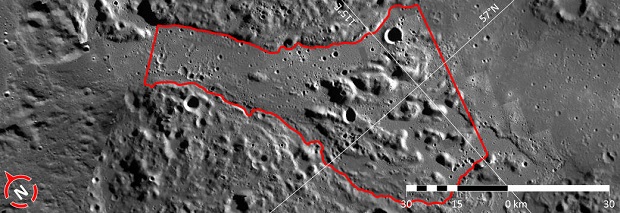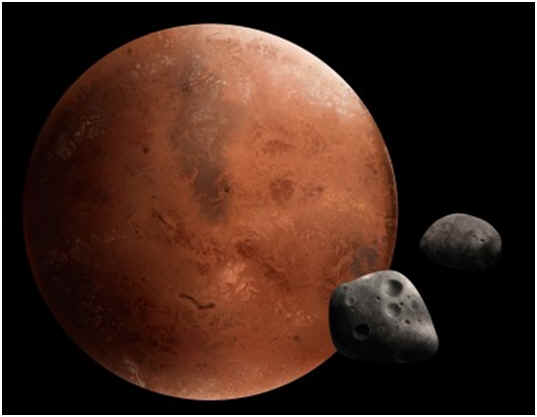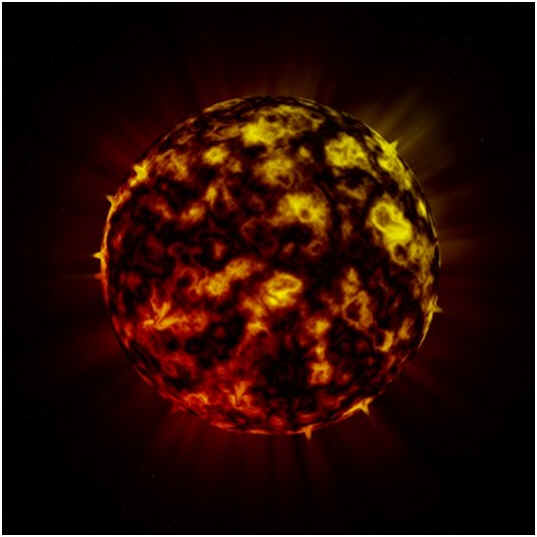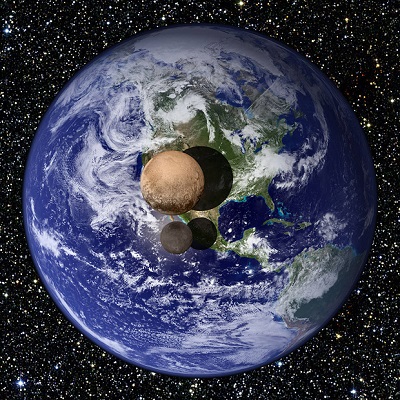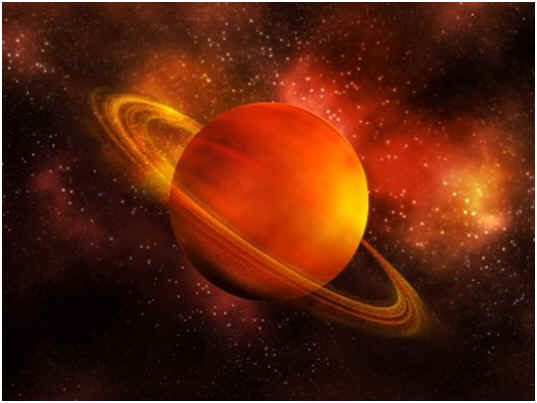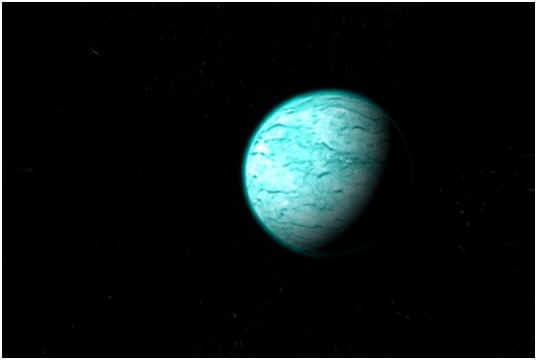
Can Uranus Support Life?
Uranus can NOT support life. As we currently define life, Uranus cannot support it. We have scoured the cosmos for evidence of planets, moons, and other celestial bodies possibly harboring life. Amongst these searched planets is one of our companions in the solar system–Uranus. Uranus is the seventh planet from the sun and is considered a gas giant. This status, plus its atmospheric composition, helps decide whether or not it is capable of harboring life.
Necessities of Life
First, before looking at what Uranus offers, you must understand the scientifically accepted life necessities. Organisms such as humans require some sort of fuel. Plants find this in sunlight, animals find it through vegetation and other animals, and some creatures can even take toxic chemicals and convert them to energy. Furthermore, carbon, hydrogen, oxygen, nitrogen, phosphorus, and sulfur are necessary for life. The Earth, as you could imagine, has abundant elements.
Uranus, the Gas Giant
As a gas giant, Uranus does not have the same solid crust as the Earth. Instead, the gas only gets more and more compressed and dense as you move towards the center of the planet. However, it never becomes truly solid. You would never be able actually to stand on Uranus. These gasses wouldn’t give any stability for life.
Does Uranus have the Necessities of Life?
Being a gas giant, Uranus lacks an abundance of the solid metals necessary for existence (carbon, phosphorus, and sulfur). In terms of the gasses, its atmospheric content is extremely heavy in hydrogen and helium. No currently studied life form converts energy from hydrogen and helium alone. Without these necessities, you can easily conclude that Uranus lacks in all of life necessities as we know it.
